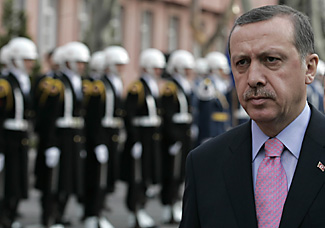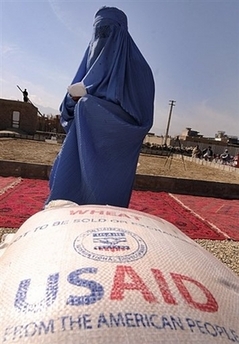The press seems to have a fascination with nice, round numbers. Whereas the 3,976th, 2,349th, 342nd, etc., deaths of US soldiers in Iraq did not merit much media coverage, last week’s 4000th death certainly did make its way onto newspapers and on television news shows. Many critics of the war have used the milestone to ramp up their criticism of the war arguing that the price, in terms of American lives and treasure, is simply too high. The President argues otherwise. From the Washington Post:
As the American military death toll in Iraq reached 4,000, President Bush conferred yesterday with top U.S. officials in Washington and in Baghdad and vowed in a public statement that the outcome of the war “will merit the sacrifice.”
As we noted in class today, President Bush is arguing from a consequentialist perspective, insisting the the cost to the United States of military engagement in Iraq–in terms of deaths, injuries, and other costs–while high, will be outweighed by the benefits that continued military engagement there will produce.
Consequentialism is one of the two main moral philosophical traditions we will address this semester. The other is deontological ethics, which is based on the Greek word deon, meaning “duty”, or “obligation.” From this perspective, there are certain acts that are morally impermissible because they are inherently wrong and no consequential calculus can justify them from a moral perspective. An example of such deontological reasoning is the following quote from Samuel Huntington, who claimed (about 15 or so years ago) that “it is morally unjustifiable and politically indefensible that members of the [U.S.] armed forces should be killed to prevent Somalis from killing one another.”



You must be logged in to post a comment.